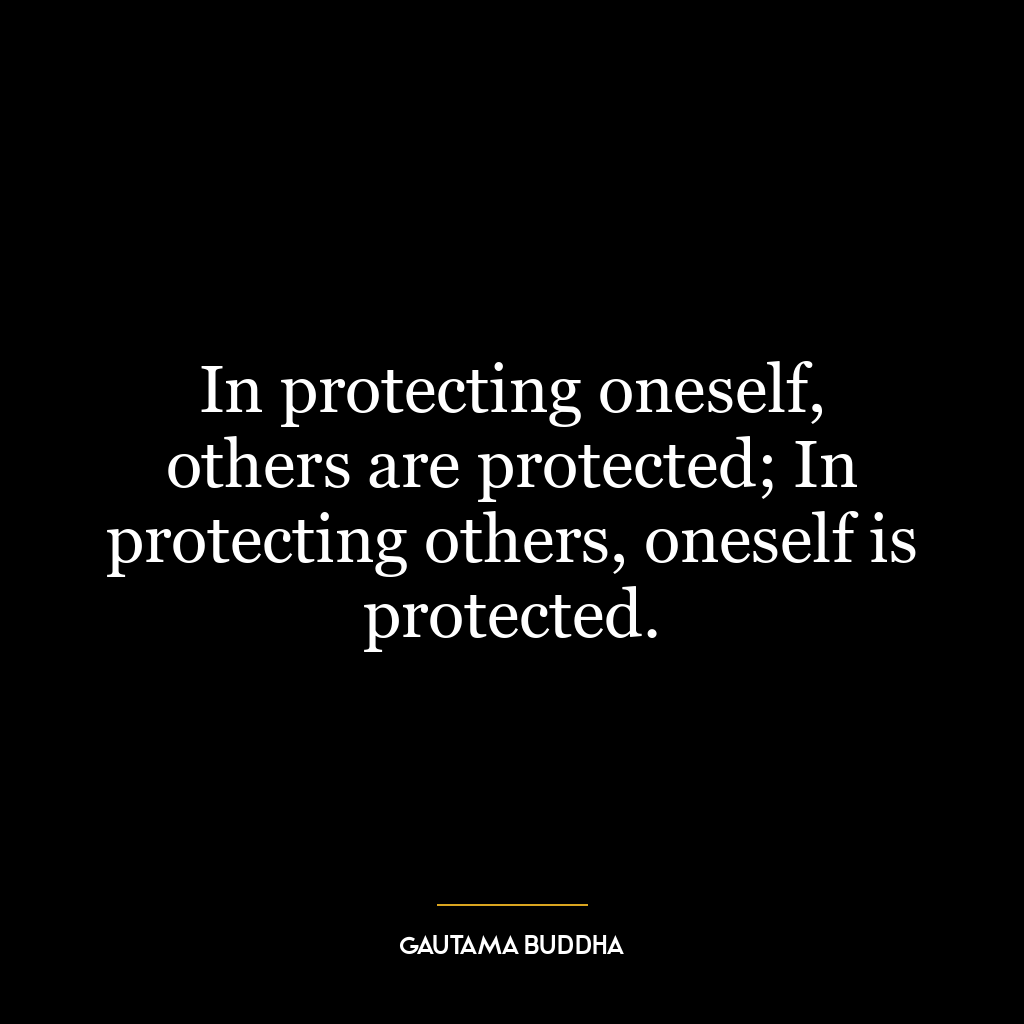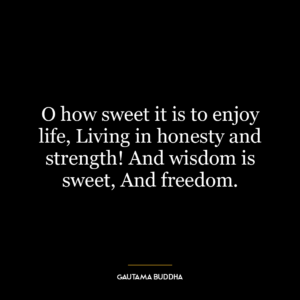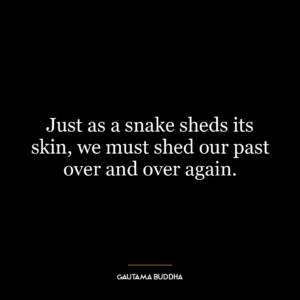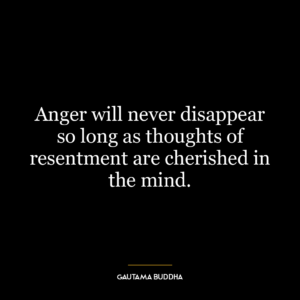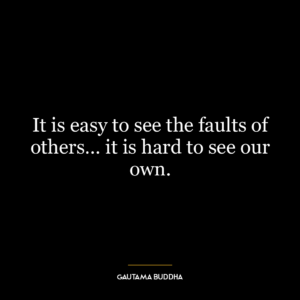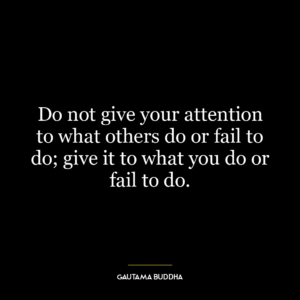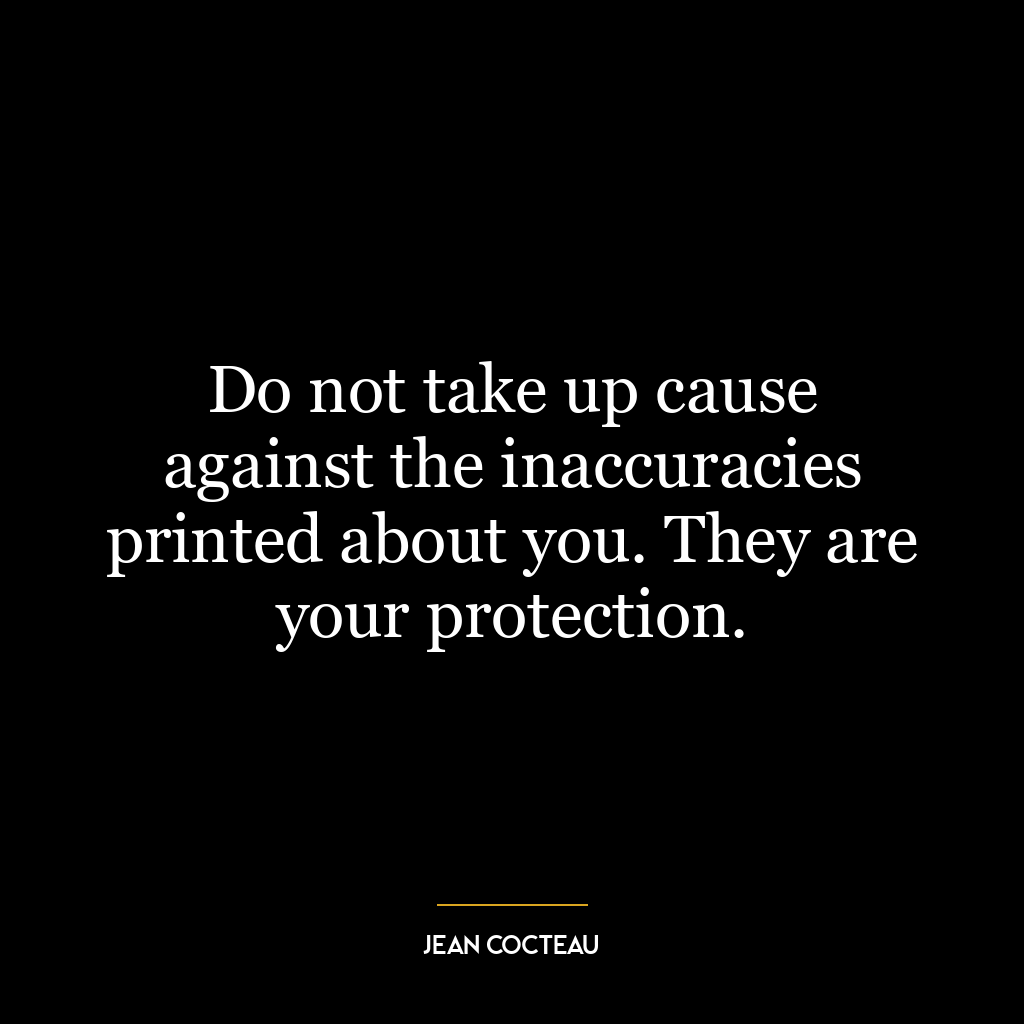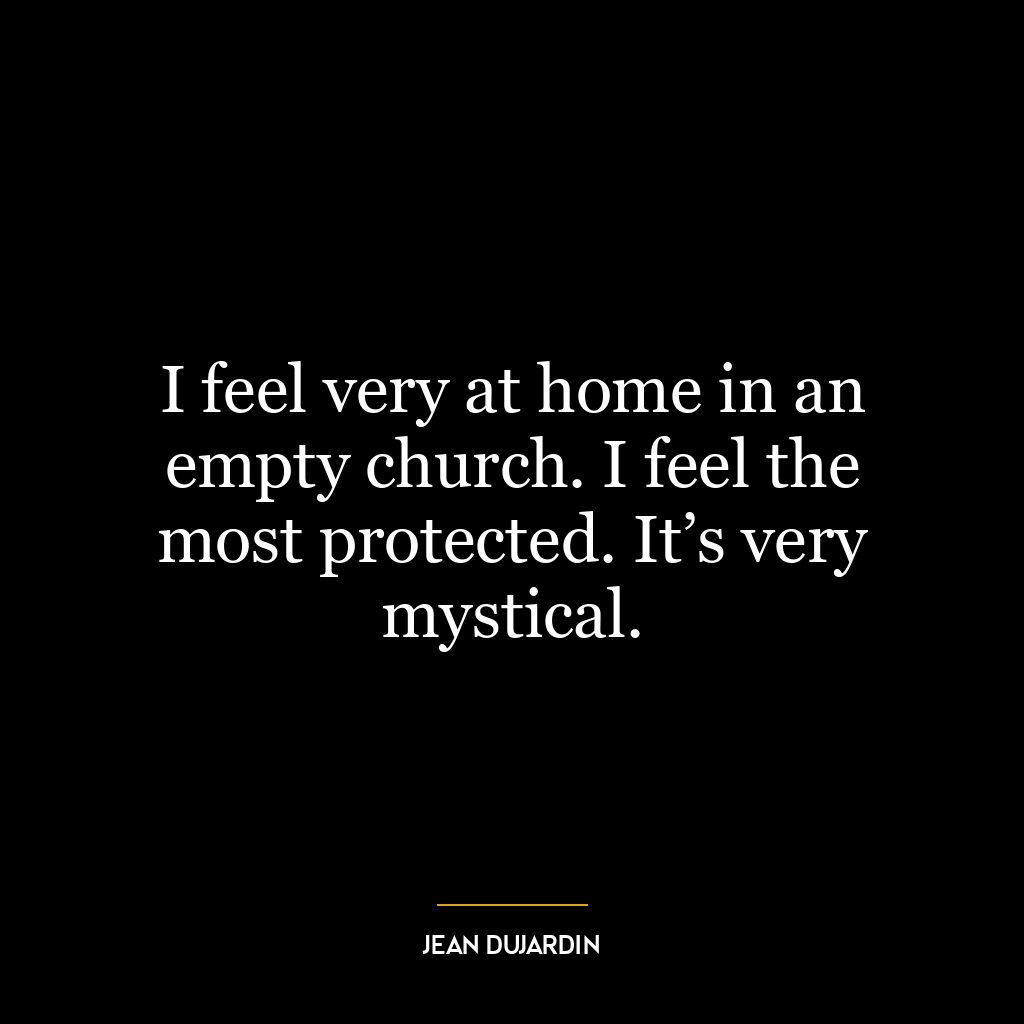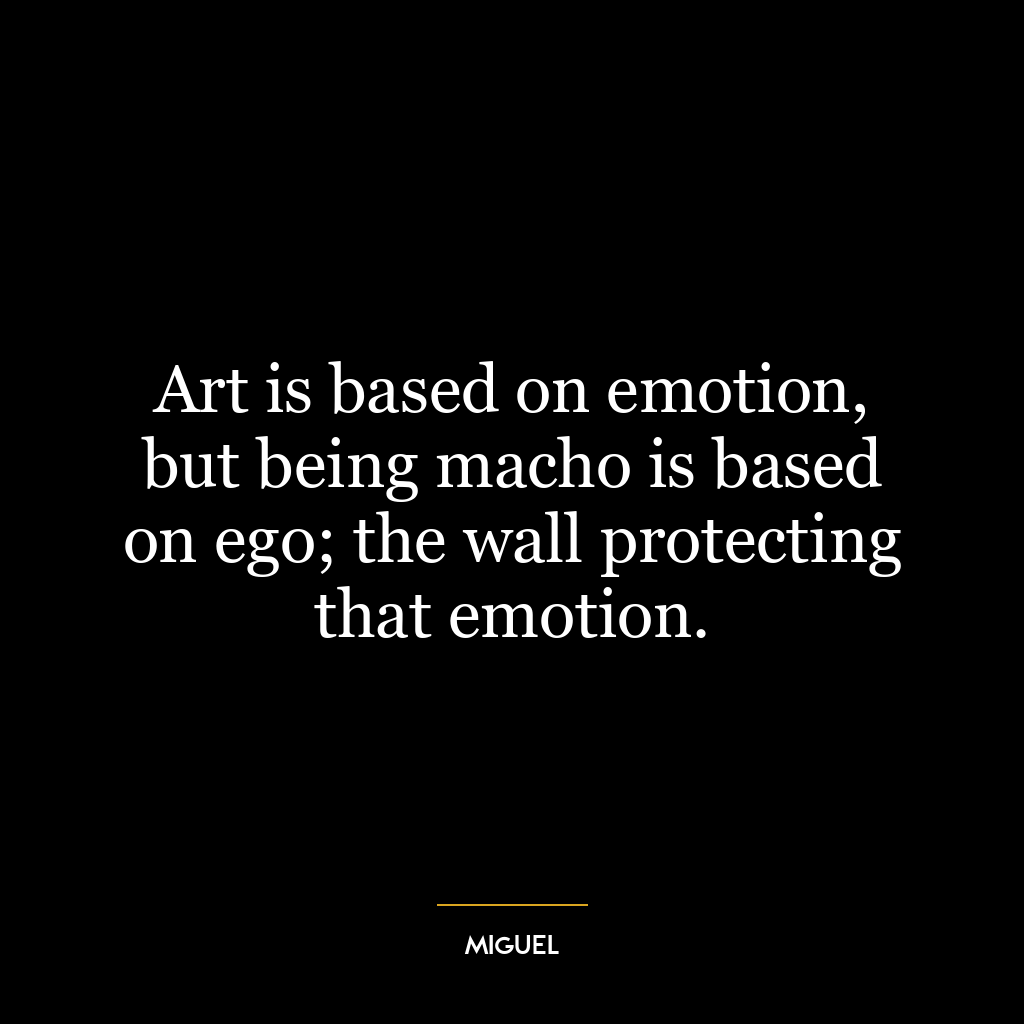In protecting oneself, others are protected; In protecting others, oneself is protected.
This quote encapsulates the interconnectedness of our actions and their consequences. It emphasizes that self-protection isn’t merely a selfish act, but also serves to protect others. This is because when we ensure our own safety, wellness, or security, we are less likely to cause harm or pose risks to those around us. Conversely, when we strive to protect others—whether it be their physical safety, emotional wellbeing or rights—we inherently safeguard our own interests as well.
The essence of this quote lies in understanding that individual and collective wellbeing are not mutually exclusive but rather deeply intertwined. Our actions have ripple effects beyond ourselves; they impact the communities and societies in which we live.
Applying this concept today can take many forms. For example, in the context of public health like during a pandemic: by wearing masks and practicing social distancing (protecting oneself), one helps limit the spread of disease (protecting others). Similarly by getting vaccinated (protecting others), one reduces their personal risk of severe illness (protecting oneself).
In terms of personal development: fostering empathy allows us to understand other’s feelings better (protecting others) which enriches our own emotional intelligence and interpersonal relationships (protecting oneself). On another note: setting boundaries protects our mental health (self-protection) while also ensuring that we don’t unintentionally inflict harm on those around us due to stress or burnout (protection for others).
Thus, Buddha’s words remind us that self-care is not selfish—it’s necessary for mutual welfare—and caring for others doesn’t mean neglecting ourselves—it’s an investment in our shared future.

